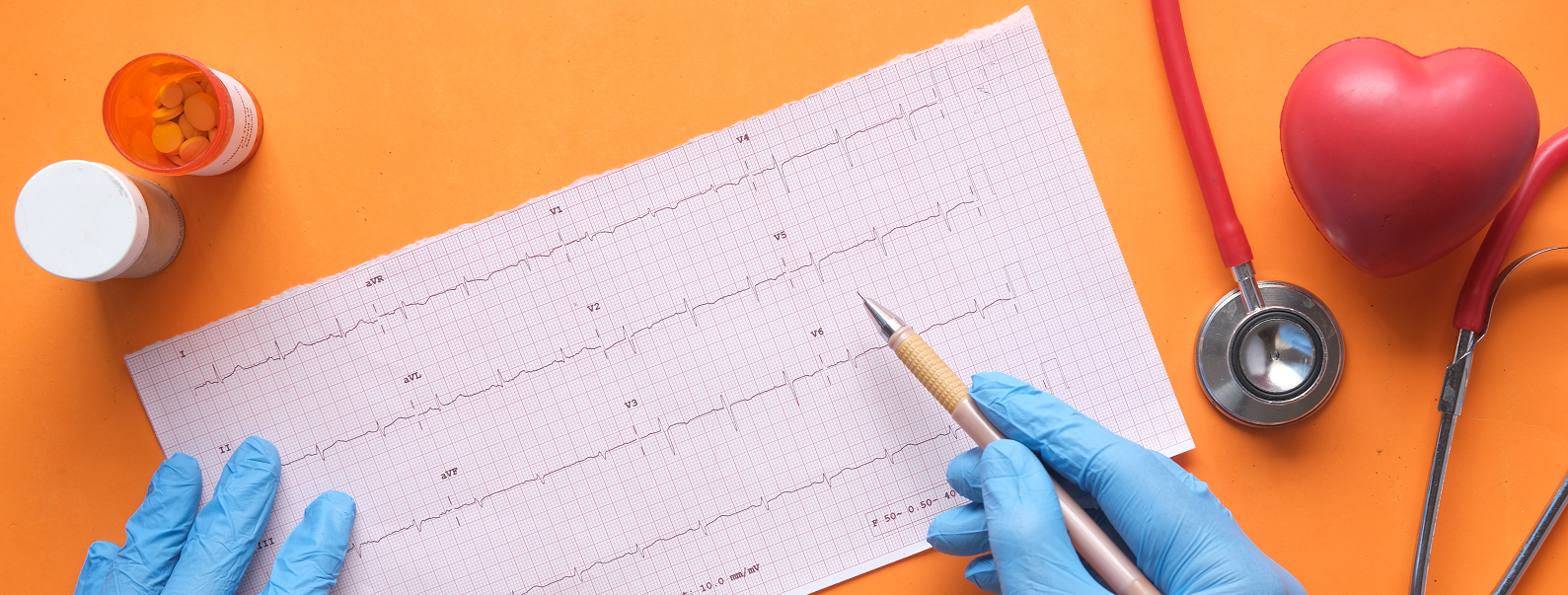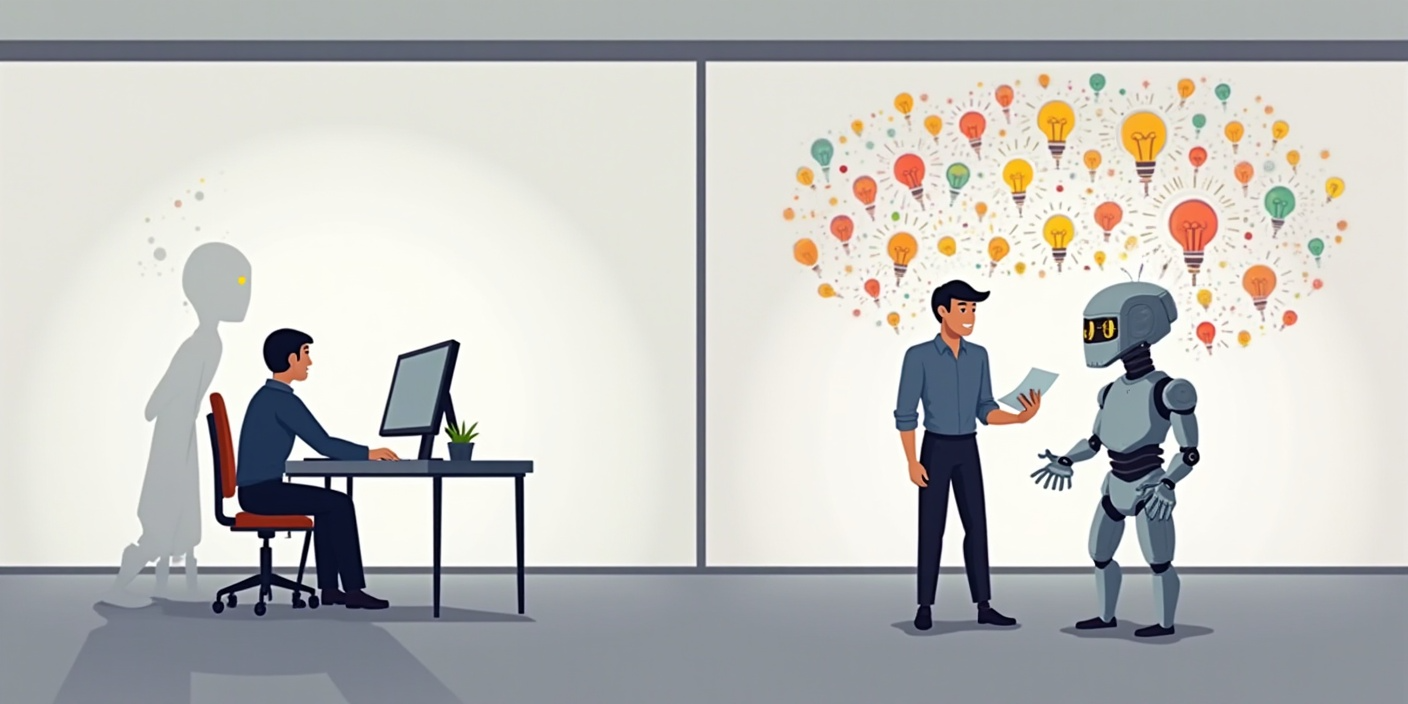Resulting in 17.9 million deaths a year, cardiovascular diseases are the number one cause of death globally. Millions of electrocardiograms (ECGs) are done every day to evaluate heart conditions. The analysis of ECGs is time-consuming while the accuracy of physician interpretation is often unsatisfactory.
A company called Idoven is harnessing the power of AI to address this issue in cardiovascular care. Their platform, “Willem,” is a scalable AI platform that tries to enhance clinicians’ capabilities to diagnose and manage patients on a large scale. Willem’s deep learning algorithms were trained on 1.25 million hours of ECGs and can recognize more than 80 different patterns. When an ECG is recorded either from hospital equipment or a wearable (such as smartwatch), it will be analyzed by the cloud-based AI platform. Within minutes, Willem will generate a list of probably conditions with risk scores. The information will be sent through email to alert a physician. This solution can also integrate with home monitoring and electronic health record systems. Some sports organizations are even using the technology for remote, continuous monitoring of heart conditions for prevention purposes.
Link: Company, Contact
Location: Spain
Summary
The Purpose
To enhance the speed and accuracy of ECG analysis
The Idea
Train deep learning algorithms on large amount of ECGs and use the AI to do the analysis
Further Possibilities
1. Use analyzed ECG data for telemedicine
A telemedicine session can be enhanced with real-time ECG data and the analysis
2. Combine ECG and exercise data to customize fitness plans
ECG data during workouts may give clues of how your fitness plans need to be adjusted.
3. Combine with other AI-based health monitoring system (such as Biolytica)
ECG data and the interpretation will be integrated in one’s overall medical profile and used for customized longevity plan
4. Use wearables for training emotional control
Wearable data may reflect emotional change and therefore used to help users practice emotional control.
5. AI-Powered ECG tattoos
Develop biocompatible, temporary tattoos with embedded sensors that continuously monitor heart rhythms. Paired with deep learning, they could instantly analyze and provide feedback directly on the skin using color-changing inks.
Questions
1. What additional data might be useful in monitoring heart conditions?
2. How might we use similar deep learning methods for businesses?
3. What and how might physicians learn from the deep learning algorithms?







